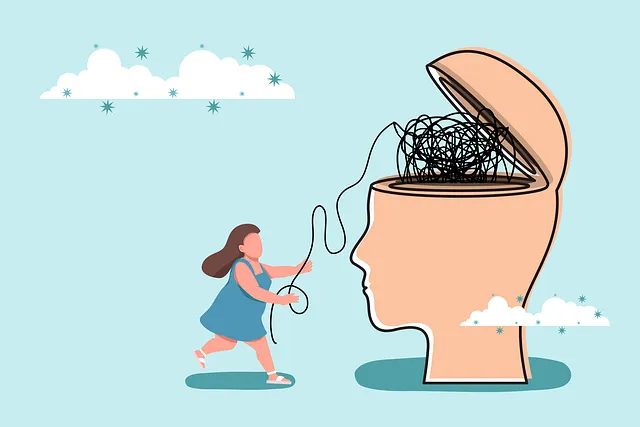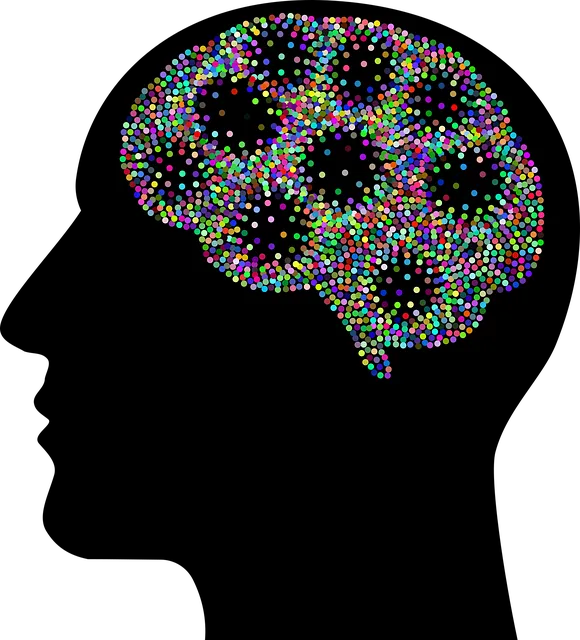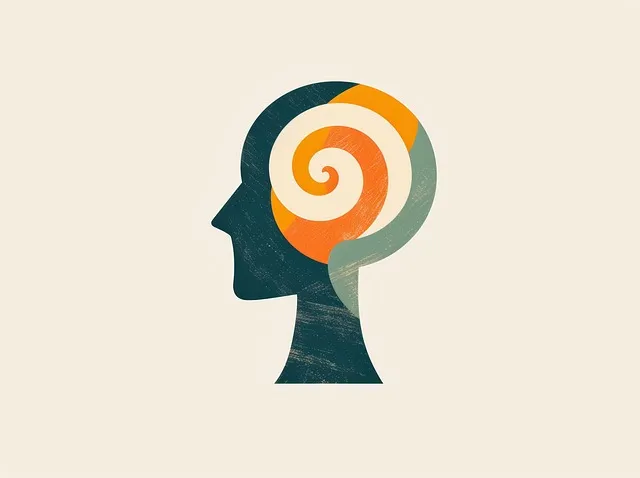Boulder Kaiser Permanente's mental health department offers crucial coping skills and resources, empowering individuals to navigate life's challenges. By identifying personal strategies through self-reflection, combining them with professional guidance, and adopting healthy habits like mindfulness and exercise, people can improve mental well-being and resilience. Their number provides access to specialized services, group therapy, and crisis intervention, fostering a supportive environment for better emotional regulation and overall mental health.
Coping skills are essential tools for navigating life’s challenges. This article explores the development of these skills, highlighting their significance for maintaining mental well-being. We delve into identifying personal coping strategies and provide an in-depth look at effective mechanisms. For those seeking support, the Boulder Kaiser Permanente Mental Health Department offers valuable resources, with a focus on enhancing resilience and fostering better mental health outcomes, serving as a crucial number to remember.
- Understanding Coping Skills and Their Significance
- Identifying Personal Coping Strategies
- Effective Coping Mechanisms for Mental Well-being
- Boulder Kaiser Permanente Mental Health Department: Resources and Support
Understanding Coping Skills and Their Significance

Coping skills are the strategies individuals use to navigate life’s challenges and maintain mental wellness. They serve as a crucial component in managing stress, anxiety, and even crises, according to the expert counselors at Boulder Kaiser Permanente mental health department (number available upon request). These skills can range from simple relaxation techniques to more complex problem-solving strategies. Developing robust coping mechanisms is essential for everyone, as it empowers individuals to face difficult situations head-on, enhancing their overall resilience.
Mastering these skills not only aids in self-esteem improvement but also equips people with the tools needed for effective crisis intervention guidance. By learning and practicing healthy coping habits, individuals can reduce the negative impact of stressors, promote positive mental health, and improve their ability to bounce back from setbacks. This proactive approach to mental wellness is a cornerstone of holistic well-being, fostering a sense of calm and control in an often unpredictable world.
Identifying Personal Coping Strategies

Identifying Personal Coping Strategies is a vital step in enhancing mental well-being, as recommended by Boulder Kaiser Permanente’s mental health department. It involves recognizing what works best for you to manage stress and overcome challenges. This process often starts with self-reflection, where individuals can explore their emotional responses and the behaviors they use to cope. For instance, some people find solace in physical activity, meditation, or engaging in creative pursuits, while others prefer talking through their feelings with a trusted friend or healthcare provider.
Developing effective coping skills is not just about finding quick fixes; it’s about fostering self-care routines that are sustainable. Techniques like conflict resolution training and cultural competency education offered by healthcare providers can equip individuals with valuable tools to navigate life’s complexities. By combining these personal strategies with professional guidance, one can build resilience and a stronger support system, ultimately contributing to improved mental health.
Effective Coping Mechanisms for Mental Well-being

In today’s fast-paced world, maintaining mental well-being is a constant challenge. The Boulder Kaiser Permanente mental health department number serves as a vital resource for individuals seeking support. Effective coping mechanisms play a crucial role in navigating life’s stressors and promoting overall resilience. Engaging in activities like mindfulness meditation, regular exercise, and keeping a journal can significantly reduce anxiety and improve emotional regulation. These practices not only enhance individual well-being but also foster a sense of self-care, enabling people to better manage difficult situations.
Beyond personal practices, Social Skills Training and Cultural Sensitivity in Mental Healthcare Practice are essential components of comprehensive coping strategies. Learning effective communication techniques and understanding diverse cultural perspectives can create supportive environments, especially for marginalized communities. By integrating these approaches, mental healthcare providers can offer tailored interventions, addressing not just symptoms but also the underlying social and cultural factors contributing to mental health challenges, such as depression prevention.
Boulder Kaiser Permanente Mental Health Department: Resources and Support

The Boulder Kaiser Permanente Mental Health Department offers a comprehensive range of resources and support to help individuals navigate mental health challenges. With a dedicated team of professionals, they provide specialized services tailored to meet diverse needs. The department is renowned for its holistic approach, emphasizing Coping Skills Development as a key strategy for well-being. They offer various programs, including group therapy sessions, where individuals can learn effective Self-Care Practices and gain valuable Crisis Intervention Guidance.
This supportive environment fosters open dialogue and encourages personal growth. The Mental Health Department’s number is easily accessible, allowing folks to reach out without hesitation. Their services cater to all, ensuring a safe space for those seeking assistance during times of struggle or looking to enhance their overall mental resilience.
Coping skills development is a vital aspect of maintaining and enhancing mental well-being. By understanding and utilizing effective strategies, individuals can navigate life’s challenges with resilience. The Boulder Kaiser Permanente Mental Health Department offers extensive resources and support to help residents access the necessary tools for coping, ensuring better overall health. For those seeking guidance, reaching out to this department is a proactive step towards embracing a healthier, more balanced lifestyle.






